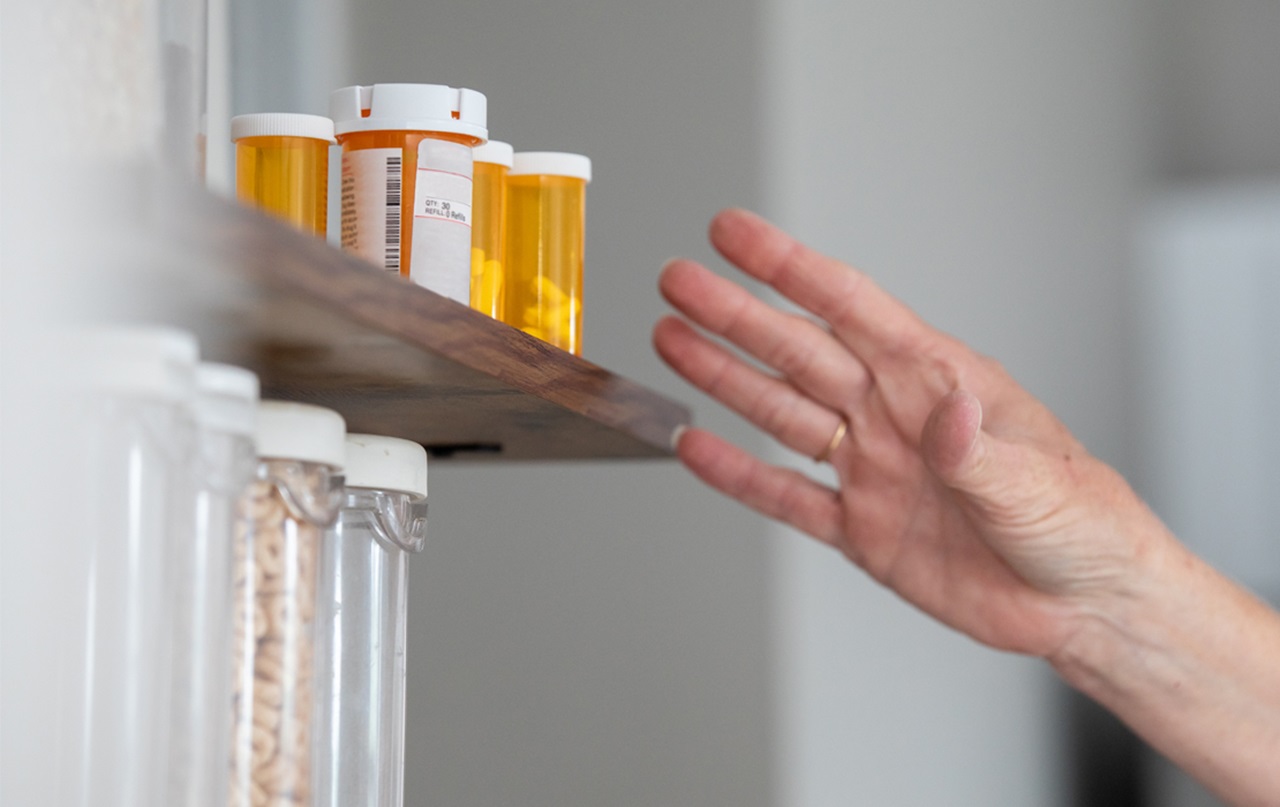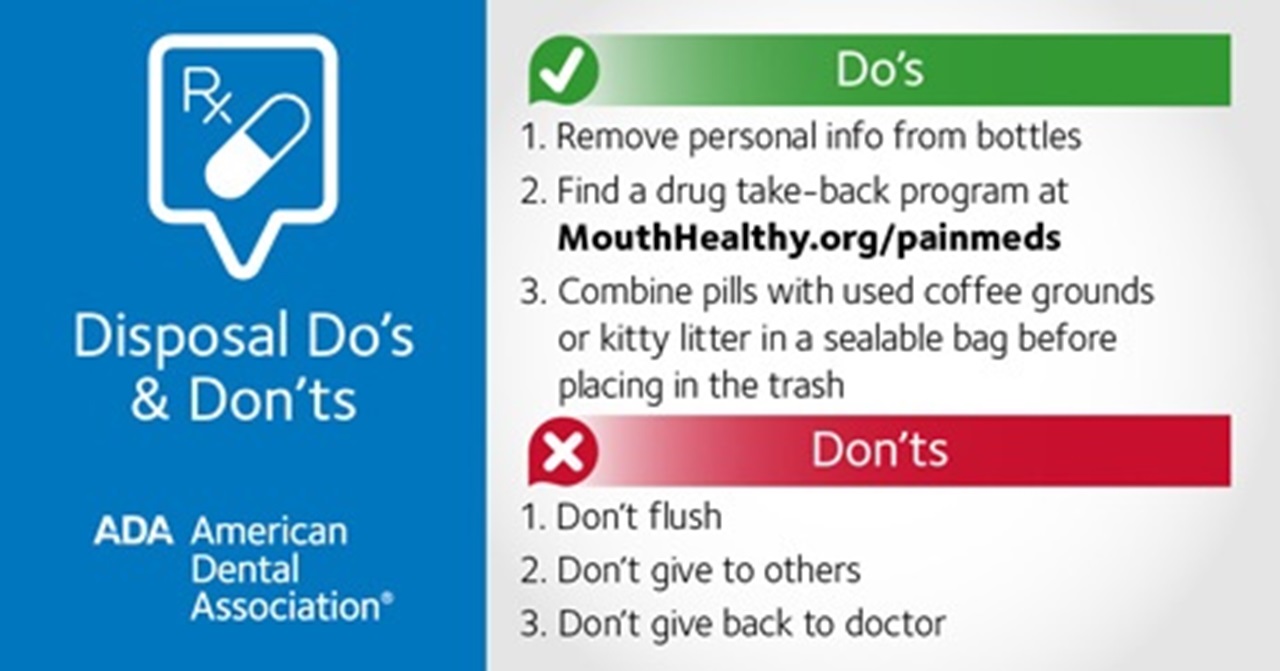Sometimes after a dental procedure, your dentist may prescribe a narcotic analgesic, such as hydrocodone or oxycodone, to help relieve pain. When used as prescribed, you should know these medications are effective at minimizing post-operative pain. But using these drugs for any other purpose is illegal, dangerous, and can even be fatal.
Unfortunately, prescription medications have become a leading source of drug abuse among teens and young adults. These medications are often obtained from a friend or family member who had received a prescription for a legitimate purpose. Parents are sometimes fooled into handing over these drugs to treat an apparent symptom of physical distress or pain. More often, they are stolen from the medicine cabinet or lifted from the trash.
You play an important role in keeping prescription medications from becoming a source of abuse in your household and in the community. To help prevent these medications from becoming a source of abuse, consider taking the following steps:
Communicate
Talk with your family members about the dangers of using prescription drugs for non-medical purposes. Be sure they understand that prescription drugs are not necessarily safe (or safer) just because they are legal. Prescription drugs can be just as addictive and dangerous (even fatal) as illegal street drugs. They are also only legal for the person for whom they are prescribed.
Secure
Properly secure your prescription medications. Do not leave them in predictable, accessible places like your medicine cabinet. Hide them in unexpected places or, better yet, lock them up to ensure you do not become your teen’s supplier.
Monitor
Be mindful of whether anyone else—especially your child and his or her friends—may have been taking your pills. Take note of how many pills are in each of your prescription bottles or pill packets and keep track of your refills. This goes for your own medicine, as well as for your teens and other members of the household.
Dispose
Properly dispose of your unused, unwanted or expired prescription medications. Not sure how? Follow these guidelines from the Federal Drug Administration and the White House Office of National Drug Control Policy:
- Follow any disposal instructions on the label or patient information you get with your prescription.
- Don't flush medicines down the toilet or pour them down the sink unless the disposal instructions say to do so. (You can also consult this list from the FDA.)
- If there are no disposal instructions, participate in a drug take-back day or find a Controlled Substance Public Disposal Location near you.
- If you are unable to attend a drug take-back day, take unwanted prescription medications out of the original bottle and mix them with coffee grounds or kitty litter in a sealed bag or closed container. This makes pills less appealing and less recognizable to anyone who can see your trash—including your kids.
- Remove all personal information from prescription bottles to protect your privacy.
Download the printable version of disposal do's and don'ts (shown below), and keep a copy in your medicine cabinet:

